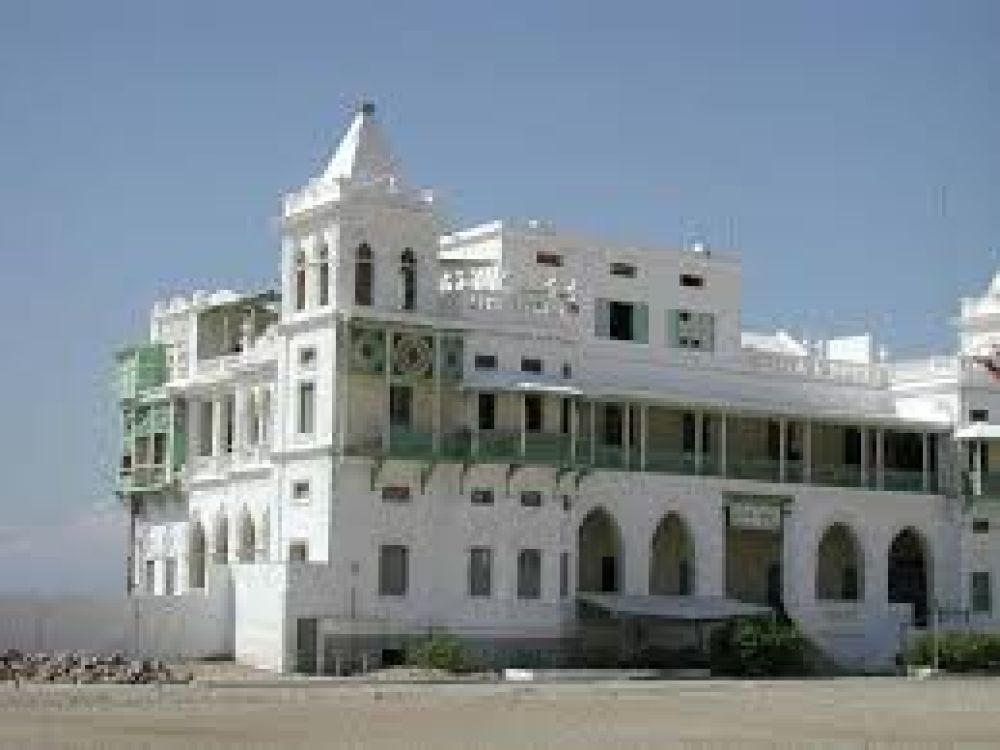

The Sultan Al Qu'aiti Palace, situated in the city of Al Mukalla on the southern coast of Yemen, stands as a testament to the rich history and cultural heritage of the region. Once the seat of the Qu'aiti Sultanate, the palace is an embodiment of the luxurious lifestyle and architectural sophistication of a bygone era.
The Qu'aiti Sultanate, established in the latter half of the 19th century and lasting until the 1960s, was one of the most influential states in what is now known as Yemen. The Al Qu'aiti dynasty ruled over a substantial portion of the Hadhramaut and Mahra regions of southern Arabia. The Sultan Al Qu'aiti Palace served as the home of the ruling sultan and his family, symbolizing their power and prestige.
Yemen's historical tourism roots can be traced back to travelers and explorers who ventured to the area seeking its fabled cities and unique landscapes. In the case of Al Mukalla and the Sultan Al Qu'aiti Palace, tourism became more formalized in the 20th century. Visitors were drawn to its coastal beauty, the historic significance of the palace, and the unique blend of Indian, British, and Yemeni architectural influences.
However, the rise of political instability in the region, including the Yemeni Civil War, has significantly impacted tourism. Despite challenges, the palace remains an important cultural and historical site, though access for tourists has been sporadic and largely depends on the security situation in the region.
The palace boasts a distinctive architectural style that combines elements from various colonial influences with local Yemeni design, characterized by its intricate decorations, high ceilings, and expansive rooms. It has been a place of interest for those who manage to visit, offering a glimpse into the luxurious life once lived by Yemeni royalty.
Given the ongoing conflict in Yemen, traditional tourism is nearly nonexistent. However, there is a trend of virtual tourism emerging, providing digital access to historical sites like the Sultan Al Qu'aiti Palace through online galleries and virtual reality experiences. This allows for the preservation of heritage and provides a safe means for people around the world to experience Yemen's rich history.
Looking towards the future, the hope is for a stabilization of conditions in Yemen which would allow for the restoration and preservation of its historical sites, including the Sultan Al Qu'aiti Palace. International efforts may play a key role in both peace-building and cultural preservation, paving the way for a revival of tourism that can contribute to economic development and cross-cultural understanding.